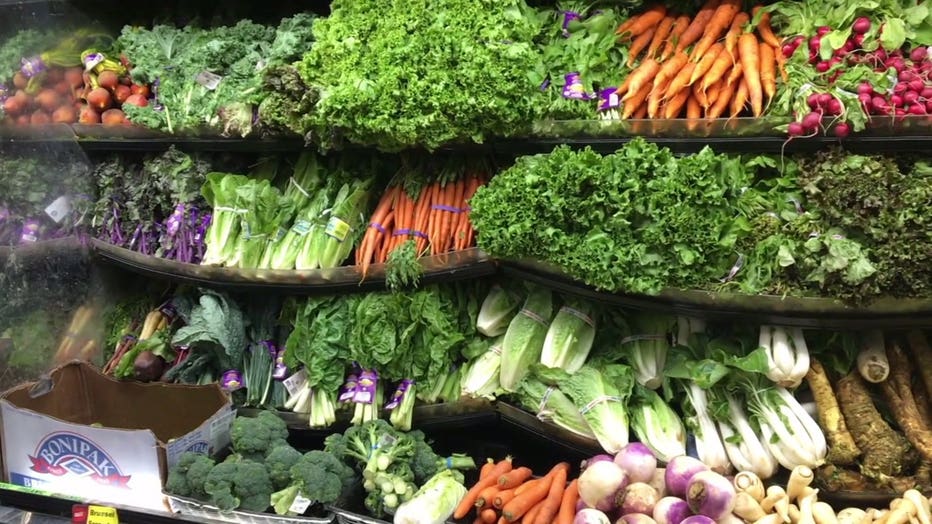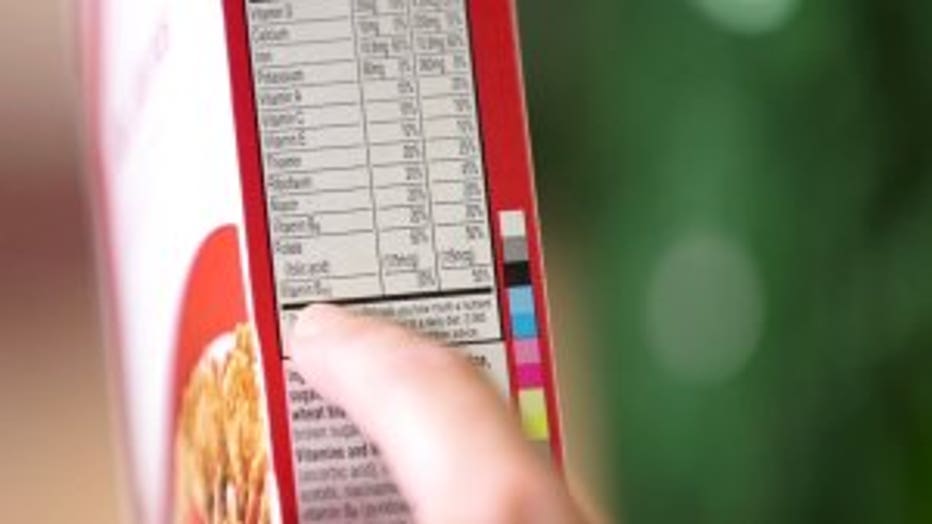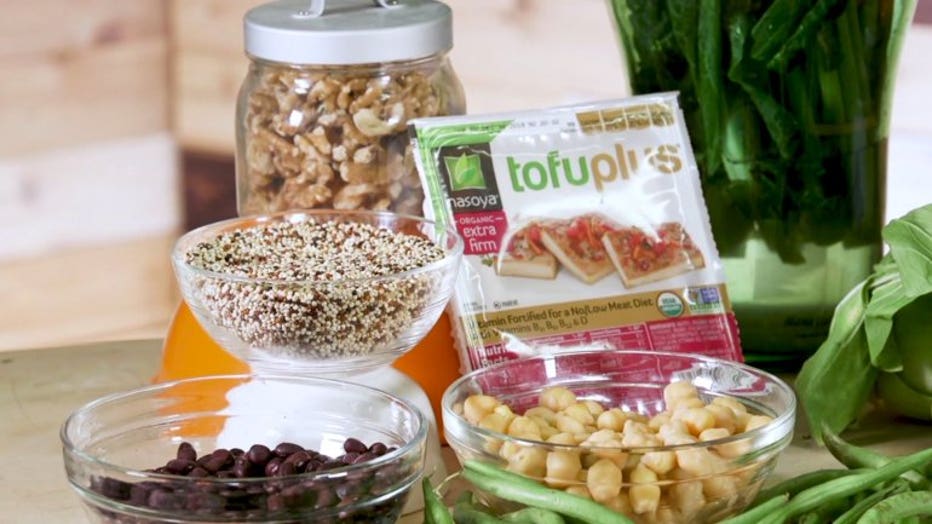How to have a healthy vegetarian diet

But as Consumer Reports warns, when some people cut out meat and dairy, they need to take extra care to get the nutrients they need.
Consumer Reports suggests for a balancedvegetarian or vegan diet, you need to pay special attention to getting enough of these four important nutrients: protein, calcium, iron and vitamin B12.

There are plenty of plant foods that have protein. For example - tofu, chickpeas, and other legumes, and high protein grains such as quinoa. Eat some protein at every meal.

Plant sources of calcium include almonds, bok choy, collard greens, kale, fortified plant milk or orange juice and calcium-set tofu.
Getting enough iron can be a challenge when you don’t eat meat. Pair good plant iron sources, such as lentils, white beans and other legumes, and swiss chard with vitamin C containing foods such as oranges and red bell peppers. Combining plant foods rich in iron with Vitamin C helps boost iron absorption.

Another nutrient you may miss out on: Vitamin B12, crucial for brain and nervous system functioning. Fortified plant milks, meat alternatives, breakfast cereals can help you get B12.
If you’re planning on making the switch to veggie or vegan in the new year, it’s not a bad idea to check in with your health care provider to ensure you’re getting enough of the nutrients you need.

All Consumer Reports material Copyright 2018 Consumer Reports, Inc. ALL RIGHTS RESERVED. Consumer Reports is a not-for-profit organization which accepts no advertising. It has no commercial relationship with any advertiser or sponsor on this site. For more information visit consumerreports.org.

